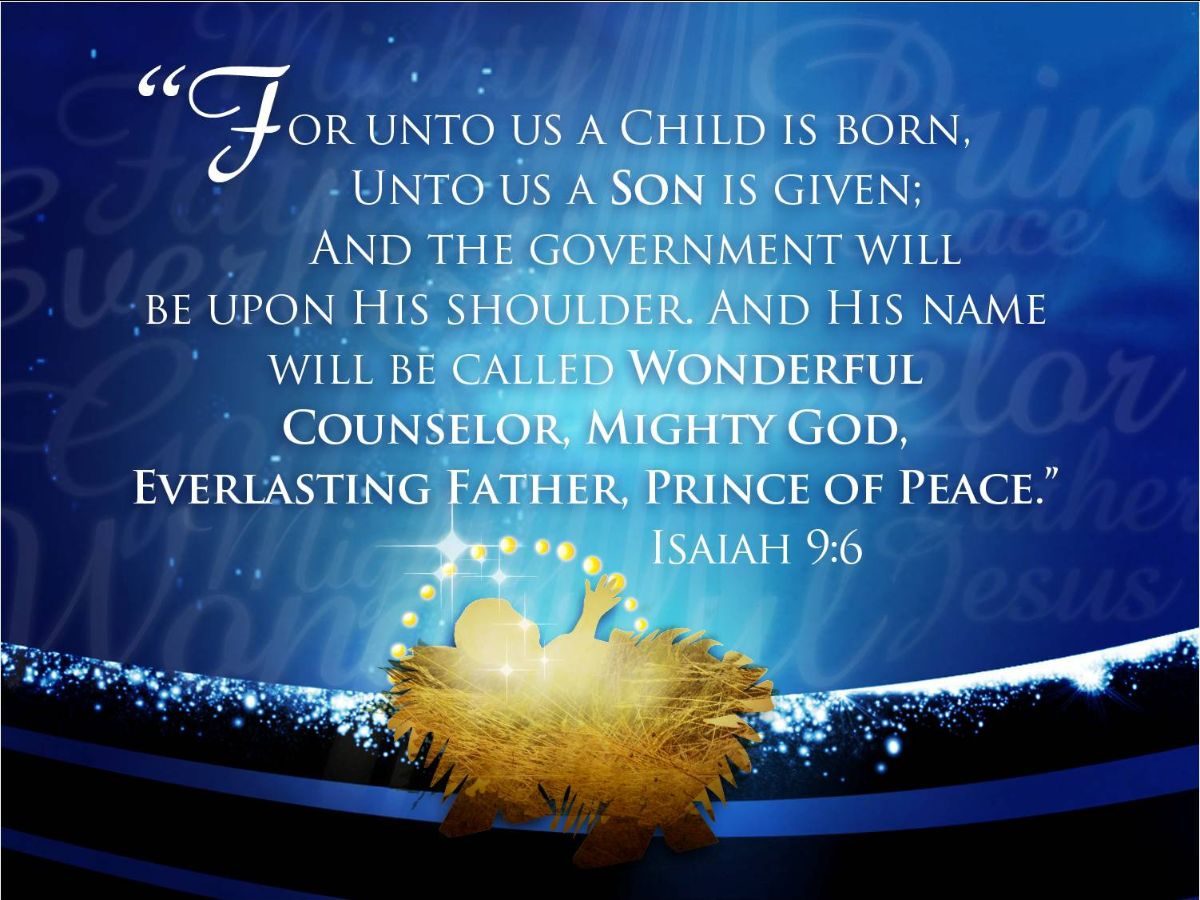Revelation 11:1-2 Measuring the Temple

When John ate the scroll given him by the angel, an important change came over the narrative. From this point forward John is no longer a mere observer viewing the last days of mankind on earth as if watching a news broadcast. For the rest of this compelling story John himself becomes a part of the action.
Revelation 11 begins with two verses in which John is called on to participate in the action of the book. He was “given a measuring rod like staff,” presumably by the mighty angel who had met him in the preceding chapter. John was then told, “Rise and measure the temple of God and the altar and those who worship there, but do not measure the court outside the temple” (vv. 1-2). Our first challenge is to identify what is represented by the temple, its altar, and the outer court.
The vision of Revelation 11:1-2 centers on the image of the temple, which throughout the New Testament is primarily used to describe the Christian church. Paul told Christians that “you are God’s temple and that God’s Spirit dwells in you (1 Cor. 3:16). “For we are the temple of the living God,” he adds; “as God said, ‘I will make my dwelling among them and walk among them, and I will be their God, and they shall be my people’” (2 Cor. 6:16. Peter said that Christians are together “being built up as a spiritual house, to be a holy priesthood, to offer spiritual sacrifices acceptable to God through Jesus Christ” (1 Peter 2:5).
In this context, then, a literal understanding of temple is not that of a building like that which was replaces by Christ and His church, but, the focus is now on the whole covenant community forming a spiritual temple in which God’s presence dwells. Some of the visions of Revelation depict God in a heavenly temple, but without exception it is Christians who gather there to worship God and the Lamb.
Understanding this vision symbolically, we realize that John is told to measure the temple to show God’s commitment to preserve the church through the tribulations of this age. This vision, then, is analogous to the sealing of God’s servants in Revelation 7. At the same time, John is told not to “measure the court outside the temple” (v. 2)., which stands for nominal Christians associated with the church but not truly belonging. This concern for false or merely outward faith, together with false teaching, was emphasized in Jesus’ letters to the churches. The “holy city” in verse 2 symbolizes the church community, which during this present age will be trampled by the nations, symbolizing the unbelieving world. John’s command to measure the church therefore assures true believers that they will be protected and saved during the persecutions of this world, whereas merely outward professors of faith not only will be unprotected but will even join with unbelievers to persecute the true church.
When John is told that the holy city will be trampled by unbelievers, the duration given to him is “forty-two months” (v. 2). This period will repeatedly occur in Revelation – in this form, as three and a half years, or as 1,260 days, all of which equal the same length of time. In keeping with the different approaches to interpreting Revelation, a far better way to handle the forty-two months of verse 2 is symbolically. The forty-two months refers to the persecution that Christians suffer throughout the ages. This interpretation matches the vision of Revelation 12, in which the church goes out into the wilderness for three and a half years (“a time, and times, and a half a time”), during which she is protected from the dragon and nourished by God (Rev. 12:14). This too, shows the present are in which God’s people face continued persecution but are kept safe by our Sovereign Lord.
It remains important for us to apply these verses as they speak to believers today. The message is that, living in an age that is hostile to Christ and His followers, Christians must draw close to God, trusting in Christ’s blood, calling on God in prayer, and gathering with fellow believers for worship. The Lord extends His measuring rod to encompass those who are close to His presence, establishing a barrier to keep them safe for a salvation that will be revealed at the end of the age.
A special warning is given here to merely nominal believers, those who attend church but do not belong to the spiritual body of Christ’s true followers. They are like the Gentiles who were admitted to the former temple’s outer courts. “Do not measure the court outside the temple,” John is told (v. 2), showing that those who are Christians in name only are not protected by God; in fact, the nominal, worldly church “is given over to the nations” (v. 2). The institutional church and its apparatus, apart from a living faith in Jesus and a commitment to God’s Word, is annexed by the world. It is the nominal church that much of the persecution is launched against true believers. This happens today in the false teaching pouring forth from unbelieving seminaries and worldly church pulpits.
Are you a Christian in name only, not having received the Bible’s message in an obedient faith and not embracing its message of judgment for sin and salvation through faith in Jesus Christ? Are you one who attends Christian events and uses Christian language, but has never relied of Christ for your personal salvation or surrendered your life to Jesus your Lord? If so, not only are you outside salvation, but you will not tolerate true, biblical Christianity. Revelation 11:2 gives a dreadful description of those who occupy the periphery of the church but do not worship “in spirit and truth” in the temple of Christ’s true church (John 4:24).
Understanding not only how history ends but also the times in which we are currently living, we consider John’s vision as urging true Christians to dwell close to God’s presence. The altar that John mentions speaks both of our reliance on Christ’s atoning blood for forgiveness and of the altar of prayer where we call on God for help. He further mentions “those who worship there” (v. 1), speaking of our calling to join the body of Christ’s believers who worship in the holy place of the Christian congregation. There, safe in God’s presence, we are measured, known, and kept safe within the holy precincts of the Christian church.
Revelation 11:1-2 Study Questions:
What else does verse 1 say John is to measure besides the temple and the altar?
Why was John not to “measure the court outside the temple”?



